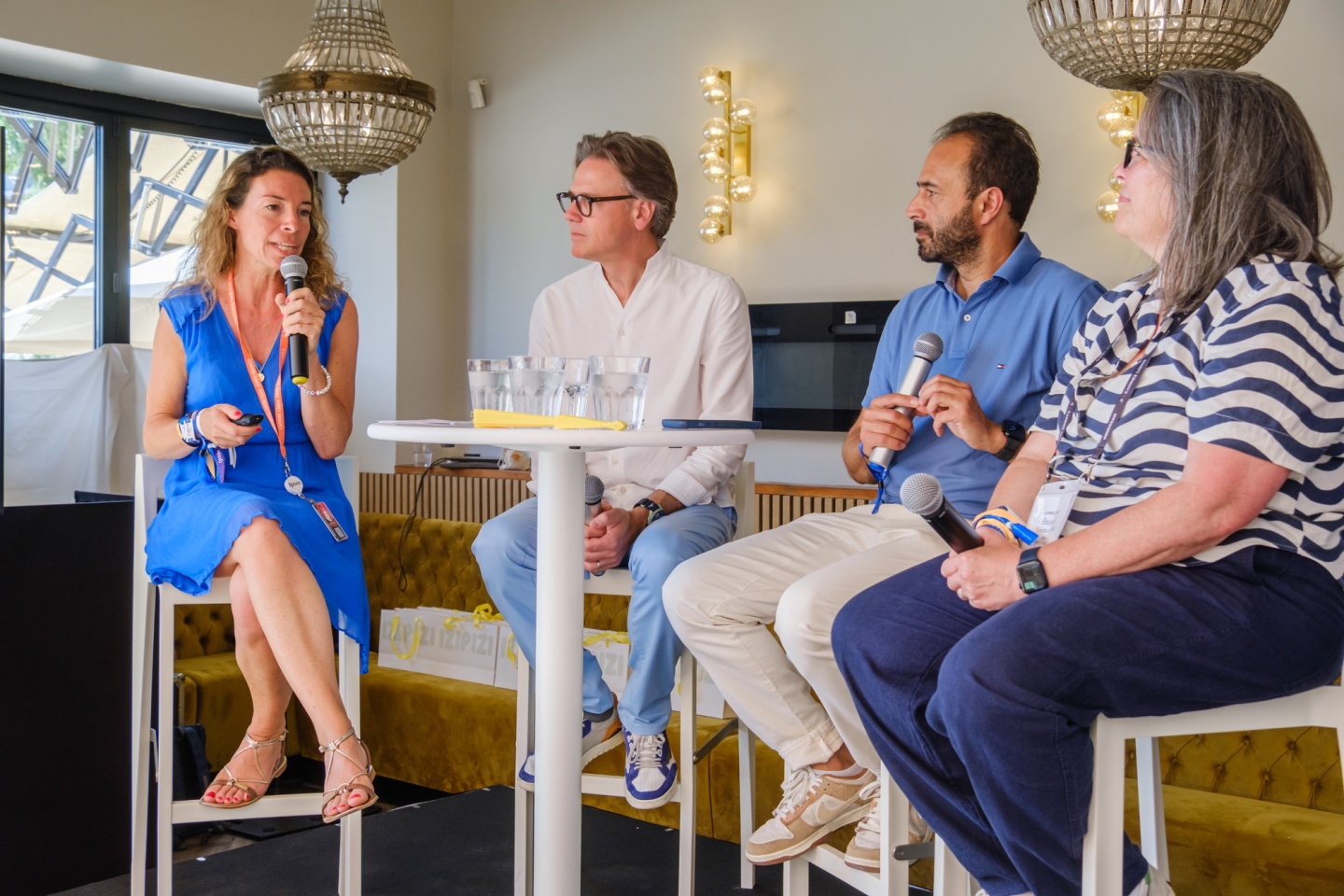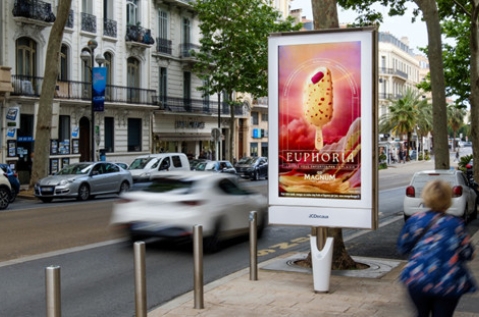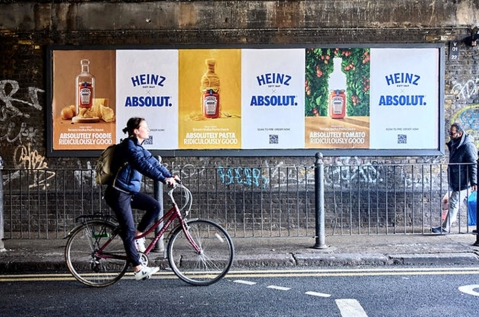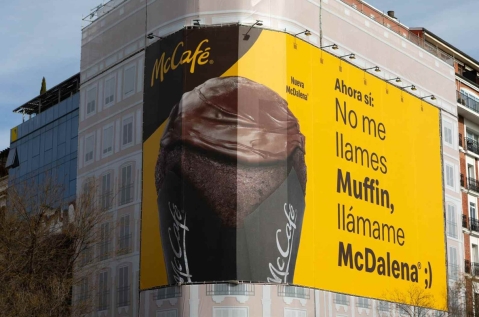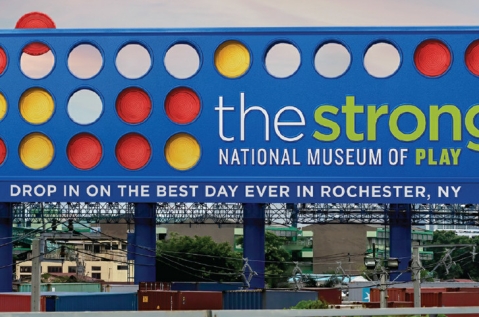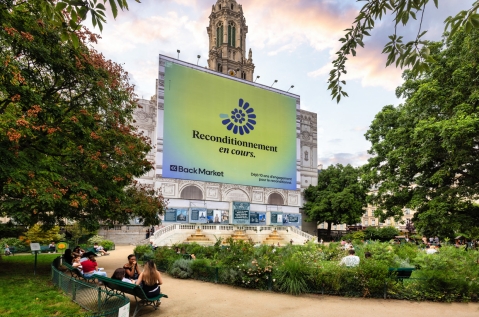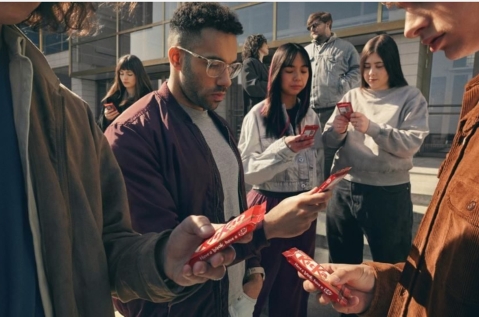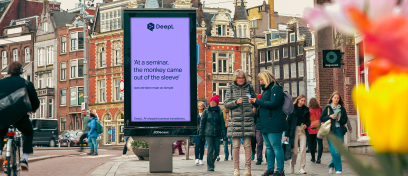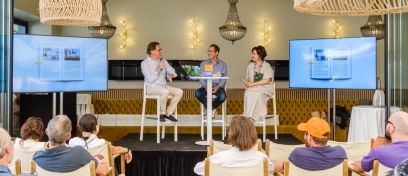OOH Ads: The Empathy Catalyst in a Shifting World
A World in Flux: From Uncertainty to Reconnection
The session opened with a sharp analysis of the societal mood. Ipsos research reveals a climate marked by widespread uncertainty: trust in governments and institutions has declined, and 63% of people believe their country is heading in the wrong direction.
And yet, within this instability, there are signs of reconnection. Events like the Paris 2024 Olympic Games created a powerful sense of togetherness, showing that collective experiences still resonate deeply. Meanwhile, an increasing share of consumers adopt a “live for today” mindset.
Katell Le Coueffic
| 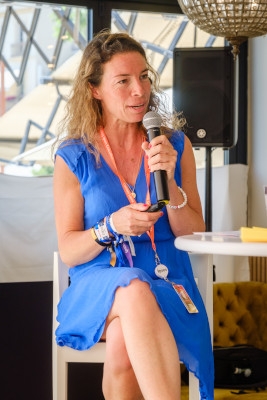 |
Empathy as a Brand Differentiator
Against this backdrop, empathy has emerged as a defining driver of consumer choice. Ipsos data shows that 69% of consumers believe empathy can make a huge difference in brand preference, and the trend is accelerating: more people than ever now buy brands that reflect their personal values. This is not a “soft” benefit. Empathy delivers hard business results. Brands that align with consumer values and act with authenticity earn greater loyalty and long-term trust.
OOH earns attention differently
Alban Duron, Marketing Director at JCDecaux France, emphasized that out-of-home occupies a unique position in the media ecosystem. Unlike digital platforms where attention is fragmented and often contested, OOH benefits from universality and proximity: it is part of people’s everyday journeys, experienced collectively in real environments.
This gives OOH a form of attention that is natural, contextual, and meaningful. It is not “captured” in a forced way, but earned through presence in shared spaces, from city streets to transport hubs. According to Alban, this makes OOH an especially powerful medium for brands seeking cultural relevance and public resonance.
 | Alban Duron
|
Creativity + Empathy: A multiplier of effectiveness
Eleanor Thornton Firkin, Head of Creative Excellence at Ipsos UK, built on this by showing how attention alone is not enough. Drawing from Ipsos’ global meta-analysis of over 1,700 ads, she explained that creative originality combined with empathy significantly amplifies advertising effectiveness.
Ads that are unique, surprising, and emotionally stirring deliver a measurable uplift in memory encoding (+21%).
Campaigns that explicitly evoke empathy and reflect consumer values generate an even stronger impact, with a +53% increase in behaviour change potential.
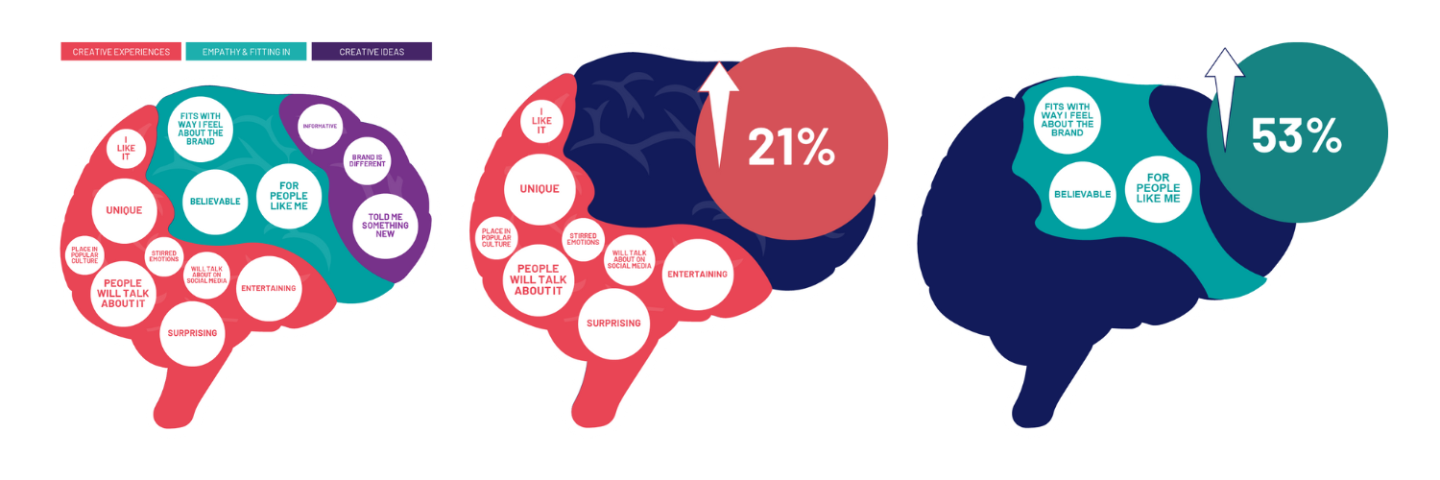
For Eleanor, the winning formula is clear: attention + creativity + empathy. OOH not only captures meaningful attention but, when enriched with imaginative storytelling and human resonance, it drives deeper engagement and long-term brand growth.
A World Tour of Award-Winning Campaigns
To illustrate how empathy and creativity converge in practice, the speakers shared a world tour of OOH campaigns celebrated for their impact:
Paul Boulanger, CEO of Starcom stated how they achieved to overcome barriers and create a quite unique identity for Heineken in Paris 2024 Olympics Games context, and how they used public space to carry the brand key values. He also showed how despite a different artistic and creative style, they manage to keep a common spirit and a consistent strategy throughout the other campaigns Starcom is designing for Heineken.
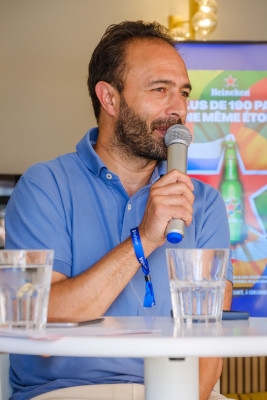 | Paul Boulangé
|
Key Takeaways
The discussion showed that empathy is now a decisive growth driver for brands. OOH stands out by generating universal and meaningful attention, as highlighted by Alban Duron. When this attention is paired with creativity and empathy, as Eleanor Thornton Firkin demonstrated, campaigns achieve stronger recall, deeper engagement and real behaviour change. The award-winning cases presented proved that bold and culturally relevant OOH not only wins recognition but, above all, builds authentic and lasting connections with people.
This session made one thing clear: OOH is not just a channel for visibility. It is a platform where empathy meets creativity, where brands can truly connect with people in meaningful, memorable ways.
Eleanor Thornton Firkin
| 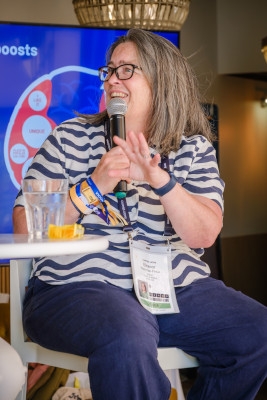 |
